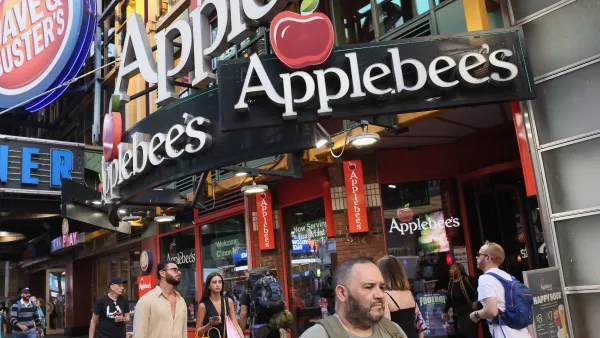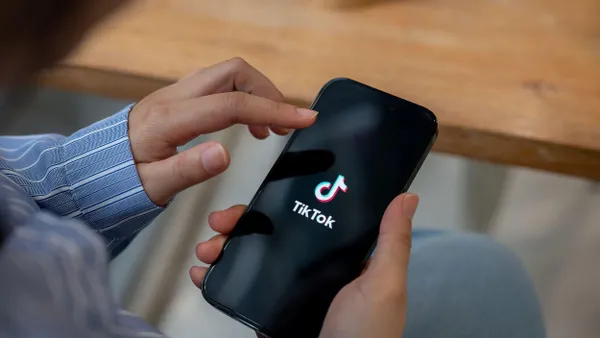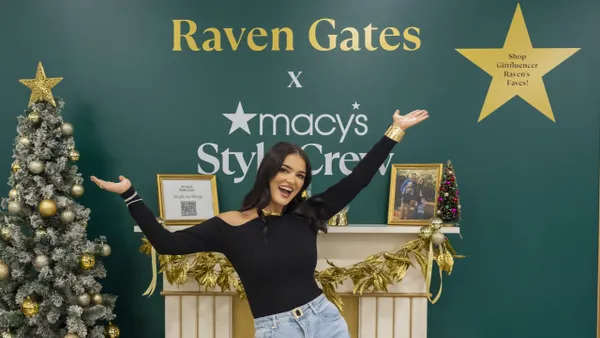Dive Brief:
- Esports ad revenue is expected to exceed $200 million by 2020, according to eMarketer's first forecast for esports and gaming revenue, which was shared with Marketing Dive. This year, esports U.S. digital ad revenue will increase 25% to $178.1 million.
- In 2019, the number of people in the U.S. who will watch an esports event at least once a month will reach 30.3 million, an 18% increase over last year. Esports viewership is expected to grow more than 50% through 2023, when it will hit 46.2 million. YouTube and Twitch are the leading platforms for esports viewing.
- Esports refers to organized gaming competitions among professional players and teams. Multiple revenue streams are connected to esports, including advertising, sponsorships, media rights, ticket sales to live events and merchandising.
Dive Insight:
EMarketer's first-ever esports ad forecast underscores the massive popularity of the content with fans and how major brands are taking notice, since ad revenues will more than double from $102.5 million in 2017 to 2020, when they're projected to surpass $200 million.
The growing opportunity in esports is grabbing the attention of marketers and platforms. This week, AT&T became the founding sponsor of mobile esports league, the ESL Mobile Open. Other brands, including Intel, Coca-Cola and Mercedes-Benz, sponsor esports events. Also this week, Facebook adding gaming to its main navigation, in an apparent attempt to take on Google's Youtube and Amazon's Twitch in the space.
The growing esports audience is a major draw for brands, as it is often comprised of of typically tough-to-reach consumers. Esports fans tend to be young, tech-savvy and TV-averse, with higher-than-average incomes, according to eMarketer. More than half of Gen Z males, age 13 to 21, spend more time following nontraditional sports than traditional sports, according to sports media brand Whistle. They think traditional sports are overloaded with marketing messages, but 60% welcome brands in nontraditional sports.
Marketers should also note that esports audiences are open to marketing messages that are embedded into the experience, through sponsorships, branded videos, in-game integrations, influencers or traditional ads. However, esports fans seek relevant, meaningful content from brands that's well-integrated into the games.
Gillette, for example, recently teamed up with Twitch on the Gillette Gaming Alliance, a team of 11 Twitch streamers who will create content for the brand. The men's grooming brand also created the "Bits for Blades" promotion, allowing fans to earn the virtual currency Twitch Bits by purchasing Gillette products displayed and discussed by the team.












